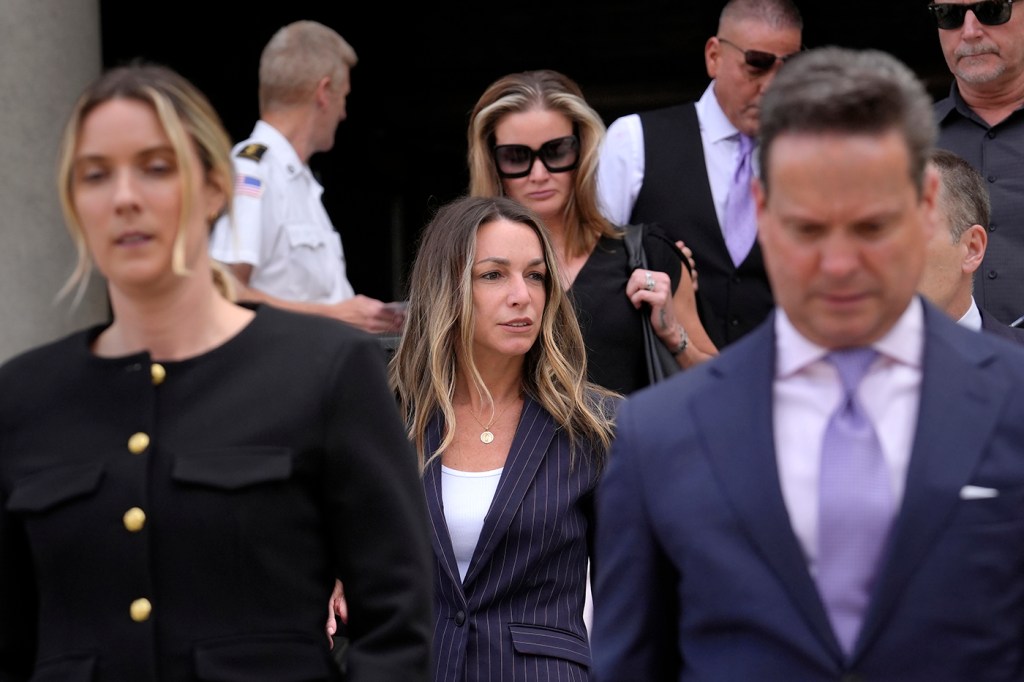If the Karen Read trial ends in a hung jury, would the state re-try the case? ‘New evidence’ might be needed, legal expert says

Jurors have been unable to reach a unanimous verdict in the Karen Read trial, announcing Friday afternoon that they were deadlocked after roughly 20 hours of deliberations.
Judge Beverly Cannone ordered the deliberations to continue at 9 a.m. Monday in Norfolk Superior Court in Dedham, Massachusetts.
However, what would happen if the deadlock continues and a mistrial were to be declared?
Daniel Medwed, a Northeastern University distinguished professor of law and criminal justice, says that a hung jury means the state could retry the case. But Medwed says that new evidence would likely be needed.
“I think they might talk a big game in the immediate aftermath about retrying her,” Medwed says of prosecutors. “But ultimately, unless new evidence emerges, I think it might be a tough hill to climb and they might not pursue it.”

Prosecutors alleged that Read struck her boyfriend, Boston police officer John O’Keefe, with her SUV while dropping him off at a home in Canton, Massachusetts, on Jan. 29, 2022, following a night out with friends.
Read was purportedly drunk when she allegedly left O’Keefe to die in the snow outside a fellow Boston police officer’s home on Fairview Road, according to officials.
Read faced charges of second-degree murder, motor vehicle manslaughter while driving under the influence, and leaving the scene of a collision causing injury and death. She pleaded not guilty to all three charges.
Read’s lawyers say, however, that Read has been framed in a widespread conspiracy among law enforcement, the homeowners and fellow afterparty guests. They’ve suggested O’Keefe was actually beaten inside the home, possibly attacked by the family dog, a German shepherd named Chloe, and left outside.
The case divided the town of Canton and became a media sensation.
The jury was handed the case Tuesday afternoon. The jury indicated midday Friday that it had been unable to reach a verdict.
“I am writing to inform you on behalf of the jury that despite our exhaustive review of the evidence, and our diligent consideration of all disputed evidence, we have been unable to reach a unanimous verdict,” the jury foreperson wrote in a message that Cannone read from the bench around 12:10 p.m. in Norfolk Superior Court.
Cannone ordered them to continue their deliberations. They returned at 4:15 p.m. with another letter indicating the deadlock remained.
Regardless of the outcome, however, one party was certainly diminished by the case, Medwed says.
“The State Police have been embroiled in a number of scandals over the past decade, and this is another egg on its face,” Medwed says. “I think the commonwealth should consider doing a thorough review of state police protocols and policies.”






